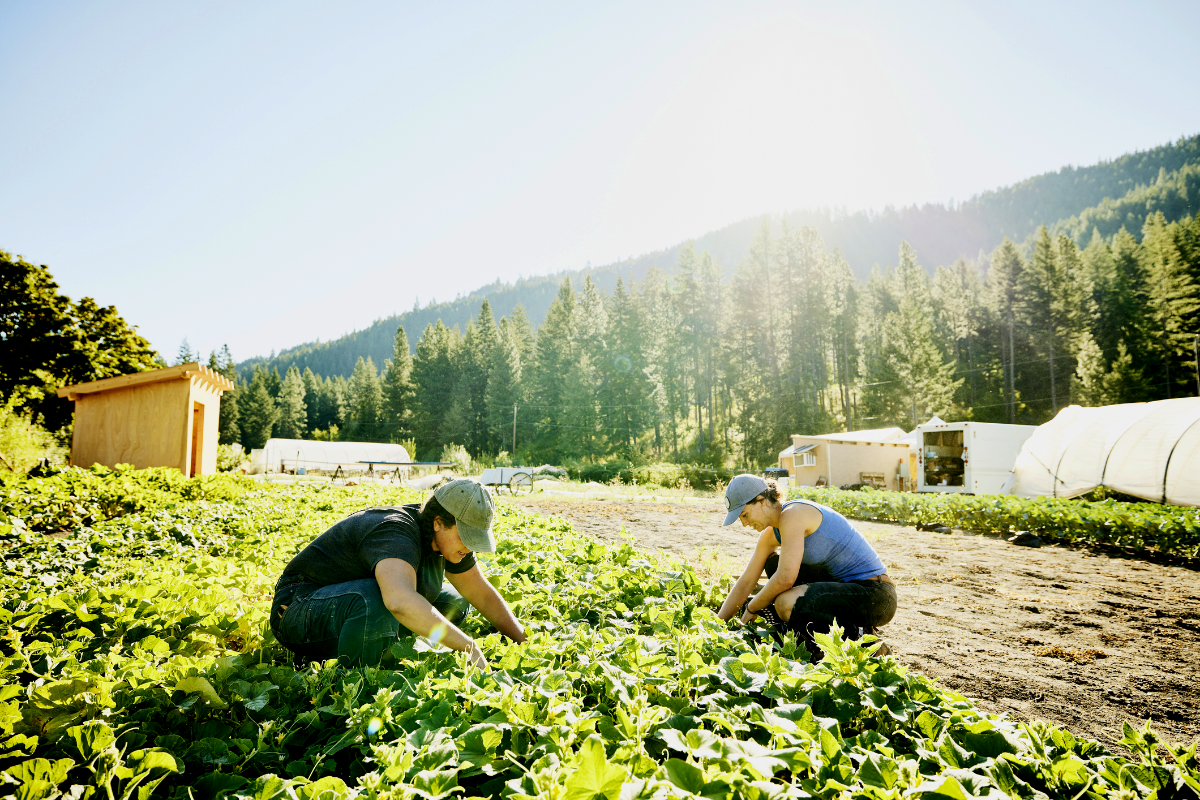
Organic agriculture has gained popularity as a more sustainable and environmentally-friendly approach to farming. While it certainly has its merits, there are also lesser-known aspects that deserve our consideration. In this blog post, we delve into five thought-provoking facts about organic agriculture that might give you a new perspective on this farming method.
Lower Yields and Land Use Efficiency: Contrary to popular belief, organic farming often yields lower crop production compared to conventional methods. Research indicates that organic yields can be 10-25% lower, requiring more land to produce the same amount of food. While organic practices can contribute to soil health and biodiversity, the trade-off between lower yields and efficient land use raises questions about its long-term sustainability in feeding a growing global population.
Greenhouse Gas Emissions: Organic farming is generally praised for its reduced use of synthetic fertilizers and pesticides, but it can result in higher greenhouse gas emissions per unit of food produced. Organic farming tends to have lower nitrogen efficiency, leading to increased emissions of nitrous oxide, a potent greenhouse gas. This calls for a balanced consideration of both environmental impacts and yields when evaluating the overall sustainability of organic agriculture.
Resource Intensive and Food Miles: Organic farming often requires more land and labor to produce the same amount of food, leading to concerns about resource efficiency. Additionally, organic produce might need to travel longer distances to reach consumers due to regional limitations on organic farming. These “food miles” can contribute to carbon emissions from transportation and challenge the perceived environmental benefits of organic agriculture.
Limited Technological Innovation: Organic farming practices restrict the use of genetically modified organisms (GMOs) and many advanced agricultural technologies. While this aligns with the desire for natural and traditional methods, it can also limit the potential for innovation in crop resilience, disease resistance, and adaptation to changing environmental conditions. Striking a balance between traditional wisdom and cutting-edge science is crucial for addressing future food security challenges.
Affordability and Accessibility: Organic products are often associated with premium prices, making them less accessible to lower-income populations. While organic farming promotes healthier soil and reduced chemical exposure, the affordability gap raises concerns about equitable access to sustainable and healthy food options. Finding ways to make organic produce more affordable and inclusive is essential for promoting a more just and sustainable food system.
Conclusion:
Organic agriculture is undoubtedly an important component of sustainable farming practices, offering benefits for soil health, biodiversity, and reduced chemical use. However, these five thought-provoking facts shed light on some of the complexities and challenges associated with organic farming. As we strive for a more sustainable future, it’s important to consider these nuances and engage in informed discussions about the trade-offs and potential solutions within the realm of organic agriculture.









